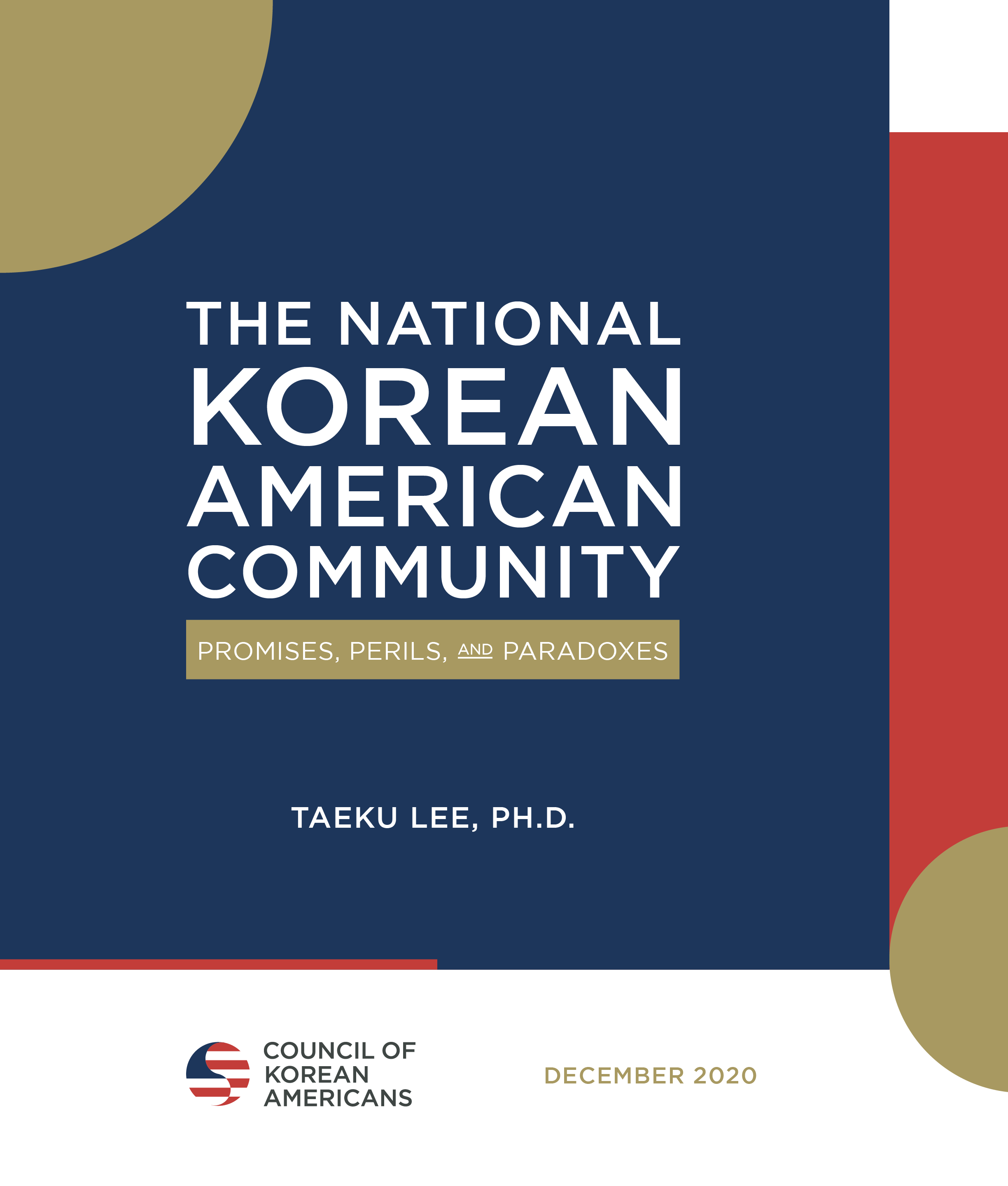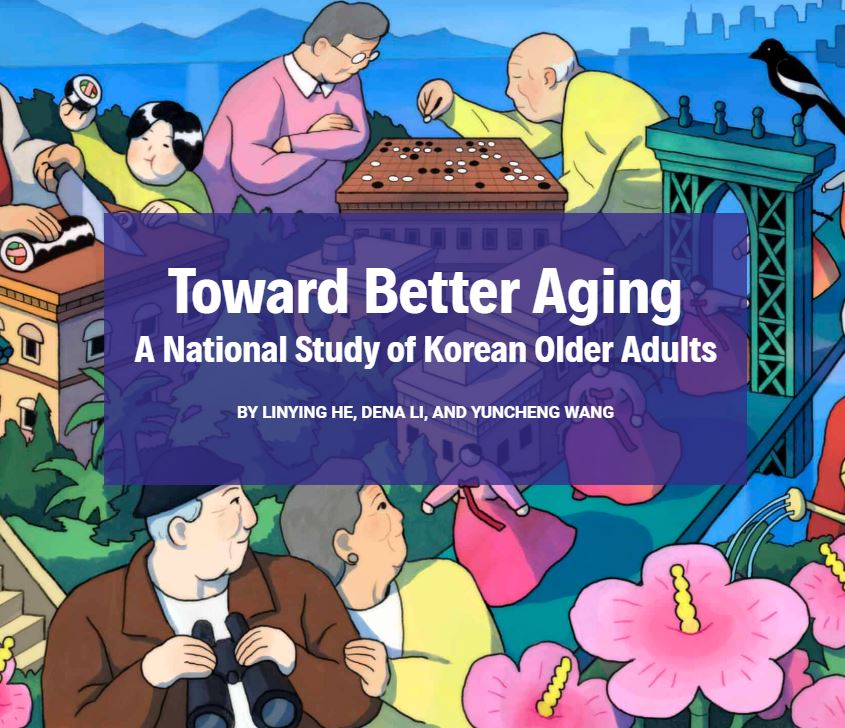The Korean American Institute aspires to be the go-to source for accurate, credible, and discerning analysis on issues facing Korean American communities and the larger global Korean diaspora.
We welcome every interested person or organization to meet with our network of stakeholders, discuss diverse thoughts, and advance these issues together in the public sphere.
Vision.
A democracy where Korean Americans matter.
Mission.
The Korean American Institute produces insightful and actionable research to improve decision-making on issues facing Korean Americans.
Values.
The Institute Informs with Integrity and Independence.
About Korean Americans.
The Korean American Institute (KAI) collects, catalogs, and analyzes their histories, data, experiences, achievements, and challenges to better understand this growing population.
Through expert curation and original research, KAI seeks to become the authoritative source of information, educating policymakers and the general public.
We are in Phase I of an ambitious set of projects, so please check this website often for updates and insights.
Korean Americans have been present in the United States continuously since January 13, 1903, when 102 pioneers from Korea arrived in Hawaii to work in the growing sugar production industry.
Today, there are slightly more than two million Americans of Korean ancestry residing in all 50 states, born in the U.S. and abroad, of all ages and stages of life, working in various professions, and experiencing diverse social and economic situations.
In 2020, the United States Census Bureau reported 1,989,519 Korean Americans who self-identified as “Korean alone or in any combination.”
By 2022, the Census Bureau’s American Community Survey estimated 2,051,572 Korean Americans, a growth of 62,053 individuals in just two years.
While a popular perception is that Korean Americans value education and aspire to attend well-known, high-ranking schools as a pathway to economic success, available data confirms only part of this narrative.
Korean Americans do obtain more education than the general population, but their economic success in the workplace often does not measure up to their level of education.
In 2018, for the first time since data tracking began, the Korean American uninsured rate matched the national average at 8.7%.
However, before the Affordable Care Act, a significantly higher percentage of Korean Americans lived, attended school, or worked without health insurance. In 2010, prior to the landmark federal healthcare coverage law, 26.8% of Korean Americans were uninsured, compared to the national average of 15.5%.
In 2020, the Council of Korean Americans (CKA) published an informative research paper titled “The National Korean American Community: Promises, Perils, and Paradoxes,” which was updated in 2023 as “The Multiple Faces of the National Korean American Community: Progress and Paradoxes.”
Led by the Korean American Institute’s co-founder and board member Dr. Taeku Lee, this comprehensive report gathered and analyzed insights from existing data to explain the current state of the Korean American community.
Korean American Community Foundation Study on Seniors
In 2023, the Korean American Community Foundation (KACF) funded a survey and published an insightful report titled “Toward Better Aging – A National Study of Korean Older Adults.”
The study, which was conducted by Asian American Federation, reveals the unique challenges and needs of the growing population of Korean American seniors based on survey and focus group findings. The study also identifies areas for future policymaking to close current gaps and improve support for this population.
About Us.
The founders and leaders of KAI have decades of experience working on a wide range of causes and issues within the Korean and Korean American communities. While recognizing the work of numerous organizations currently representing the interests of the approximately two million Americans of Korean descent, KAI leaders actively participate in and support these existing organizations.
KAI’s unique approach focuses on collaborating with experts to gather relevant data and conduct original research and analysis. The organization’s goal is to produce factual, evidence-based, and actionable datasets, information, and recommendations. By doing so, KAI aims to assist policymakers, advocates, and the public at large in understanding and promoting the interests of this diverse population.







